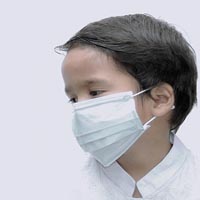Parents living with a child afflicted by a life-limiting medical condition: Typology of their narrative identity

Accepted: 1 April 2021
All claims expressed in this article are solely those of the authors and do not necessarily represent those of their affiliated organizations, or those of the publisher, the editors and the reviewers. Any product that may be evaluated in this article or claim that may be made by its manufacturer is not guaranteed or endorsed by the publisher.
Authors
Parents of children suffering from a life-limiting medical condition struggle with difficult existential questions. Our objective was to understand why those parents’ interactions with the medical world were so different, ranging from hostile to collaborative, with the themes of identity, spirituality and serenity. A grounded theory design based on the narrative identity framework was used to interview sixteen parents. Three categories emerged: i) Parents in the Almighty category delegate all their power to God or medicine and are the most suffering parents as they do not author their life; ii) Parents in the Me category make every decision on their own causing much anxiety, and they become rebarbative to the medical world; iii) Parents in the Guide category take advice from others, while remaining the authors of their stories and are the most serene parents. Understanding and recognizing these categories can have a major impact on communication with those families.
How to Cite
PAGEPress has chosen to apply the Creative Commons Attribution NonCommercial 4.0 International License (CC BY-NC 4.0) to all manuscripts to be published.

 https://doi.org/10.4081/qrmh.2021.9174
https://doi.org/10.4081/qrmh.2021.9174



